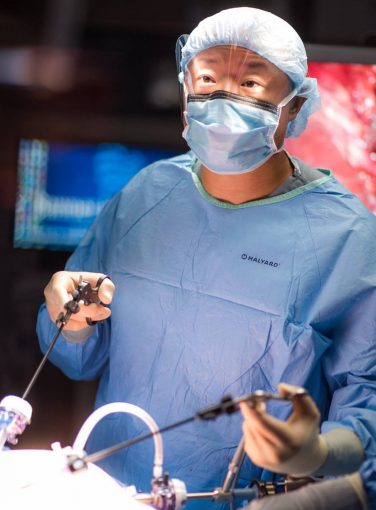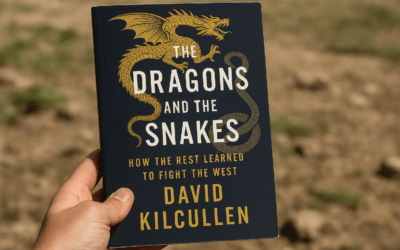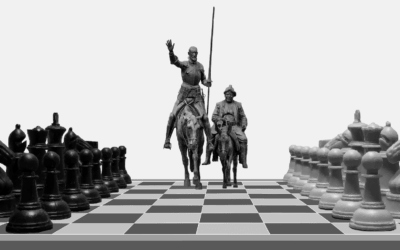EPISODE 18
Dr Andrew Tang

Dr Tang is the Trauma Director at Banner University Medical Center in Tucson, AZ
Doctor Tang is a trauma surgeon, professor of surgery, and the Director of Trauma at the University of Arizona Medical Center in Tucson, AZ. Doctor Tang joins Mike and Jim to discuss things related not only to trauma and medicine, but also leadership, teaching, and working under pressure. Hear the Doc explain what he knows about certain prehospital practices and what we could do better as part of a larger trauma system. Are chest seals worth while? Should we transport people in the back of police cars? What are your odds of survival if you get shot? Hear the answers to these questions and more in this episode!
Link:
Philadelphia Police Begin Transporting Trauma Victims
Be sure to check out the Southwest Regional Trauma Conference here
Photo used with permission, Credit: Roni Ziemba, Ziemba Photographic Arts, and on Facebook @ziembaphoto
Like what we’re doing? Head over to Patreon and give us a buck for each new episode. You can also make a one-time contribution at GoFundMe.
Intro music credit Bensound.com
CLICK BELOW TO SUBSCRIBE NOW ON YOUR FAVORITE PLAYER
THANK YOU TO OUR SPONSORS! PLEASE GO CHECK THEM OUT
Recent Episodes
Teaching the Enemy: Lessons from The Dragons and the Snakes
From guerrilla warfare and liminal conflict to use-of-force doctrine and law enforcement tactics, this episode connects military theory to street-level realities. Are we in a new kind of war without even knowing it? And what are we teaching our opponents every time we act?
It’s Chess AND Checkers–Tactics and Strategy Unite!
Why do we focus so much on tactics and so little on strategy? In this episode, Mike and Jim tackle the divide between street-level action and big-picture thinking. Drawing on lessons from policing, the military, and community crime prevention, they explore how individual cops, community members, and leaders can influence criminal decision-making—not just react to it.
Topics include resource constraints, the Broken Windows theory, and strategies for shifting offender perceptions to prevent crime before it occurs.













0 Comments